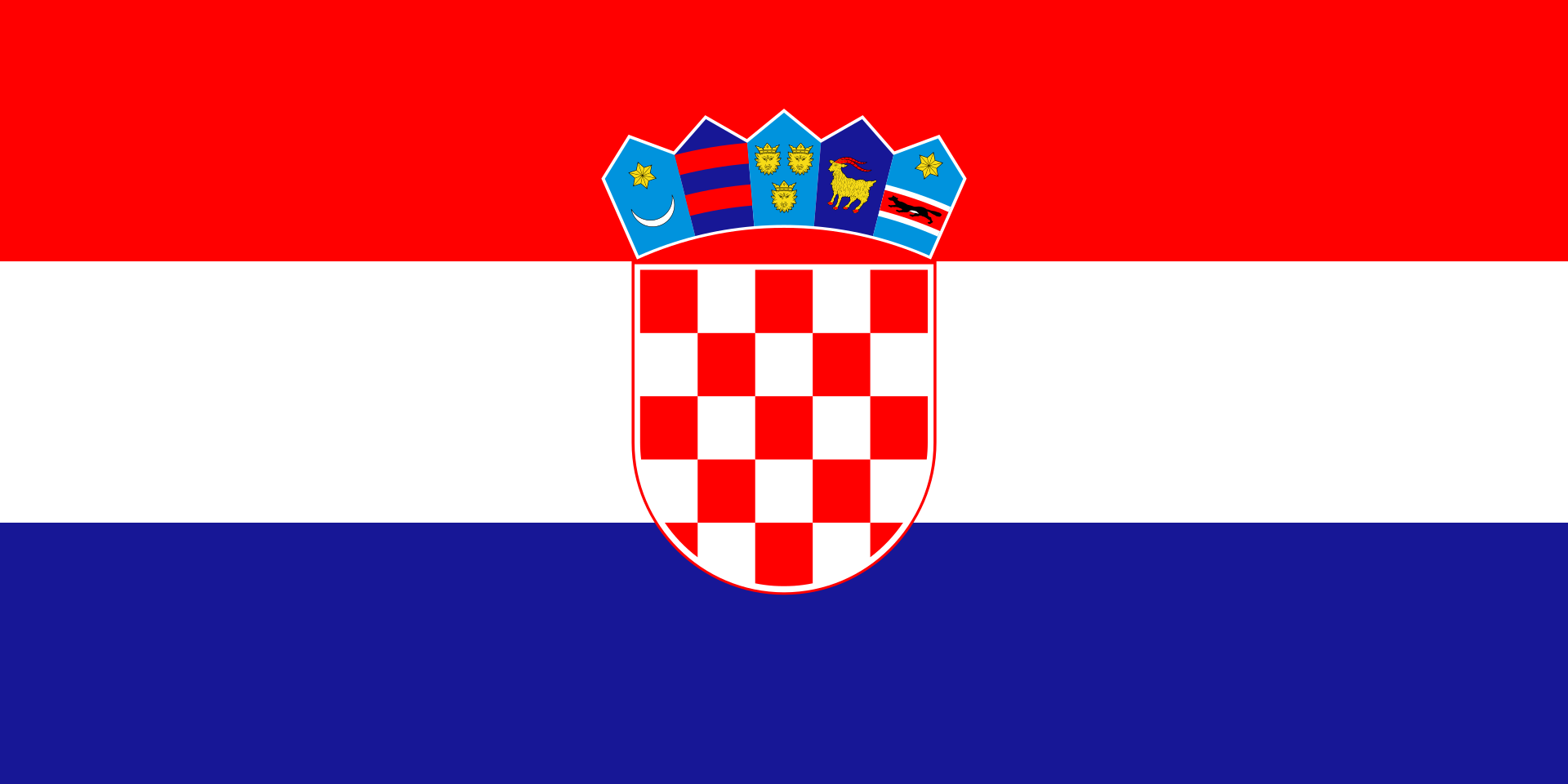



Foreign relations
Croatia has established diplomatic relations with 181 countries. As of 2017, Croatia maintains a network of 54 embassies, 28 consulates and eight permanent diplomatic missions abroad. Furthermore, there are 52 foreign embassies and 69 consulates in the Republic of Croatia in addition to offices of international organisations such as the European Bank for Reconstruction and Development, International Organization for Migration, Organization for Security and Co-operation in Europe (OSCE), World Bank, World Health Organization (WHO), International Criminal Tribunal for the former Yugoslavia (ICTY), United Nations Development Programme, United Nations High Commissioner for Refugees, and UNICEF. In 2009, the Croatian Ministry of Foreign Affairs and European Integration employed 1,381 personnel and expended 648.2 million kuna (€86.4 million). Stated aims of Croatian foreign policy include enhancing relations with neighbouring countries, developing international co-operation and promotion of the Croatian economy and Croatia itself.
Since 2003, Croatian foreign policy has focused on achieving the strategic goal of becoming a member state of the European Union (EU). In December 2011, Croatia completed the EU accession negotiations and signed an EU accession treaty on 9 December 2011. Croatia joined the European Union on 1 July 2013 marking the end of a process started in 2001 by signing of the Stabilisation and Association Agreement and Croatian application for the EU membership in 2003. A recurring obstacle to the negotiations was Croatia's ICTY co-operation record and Slovenian blocking of the negotiations because of Croatia–Slovenia border disputes. The latter should be resolved through an Arbitration Agreement of 4 November 2009, approved by national parliaments and a referendum in Slovenia., but due to the events during arbitration Croatia does not accept results. As of 2019, Croatia has unsolved border issues with all neighbouring former Yugoslav countries (Slovenia, Serbia, Bosnia and Herzegovina, Montenegro).
Another strategic Croatian foreign policy goal for the 2000s was NATO membership. Croatia was included in the Partnership for Peace in 2000, invited to NATO membership in 2008 and formally joined the alliance on 1 April 2009.
Croatia became a member of the United Nations Security Council for the 2008–2009 term, assuming presidency in December 2008. The country is preparing to join the Schengen Area.

Flag
